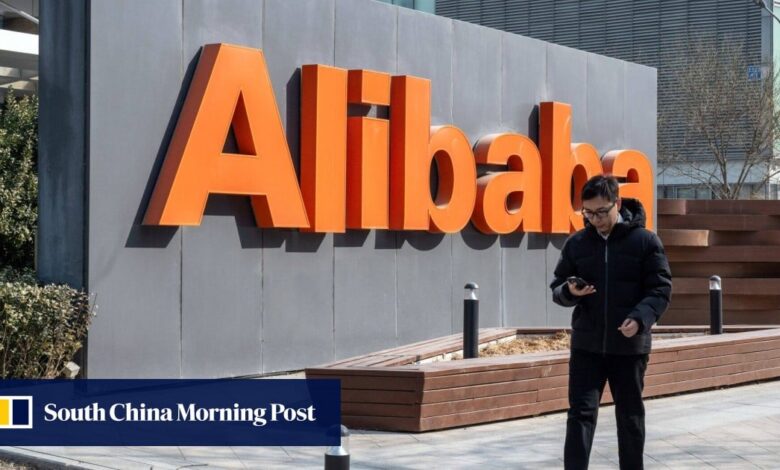Alibaba invests US$27 million in education start-up to expand its generative AI portfolio amid price war in China

Alibaba Group Holding has invested around 200 million yuan (US$27.6 million) in artificial intelligence (AI) education start-up Zhejiang Jingzhunxue, as the Chinese e-commerce giant continues to bet heavily on the AI sector.
Hangzhou-based Jingzhunxue said on Wednesday that it received backing from Alibaba to support the development and promotion of the start-up’s AI-powered education device, Bong. Alibaba owns the South China Morning Post.
“The bottleneck in personalised education fundamentally lies in constraints on the supply side,” Jingzhunxue chief executive Yang Renbin said in the statement, noting that China has a shortage of educators for its giant student population.
“AI is expected to completely resolve the challenge of achieving personalised teaching on a large scale,” said Yang, who was formerly a technology director at Alibaba.
The investment comes as Chinese technology firms from Big Tech companies to new start-ups are scrambling to make money from generative AI technologies by applying them to various industries. Jingzhunxue, for example, focuses on the education sector.
Alibaba itself has invested in a number of generative AI start-ups aspiring to build the leading alternatives to OpenAI’s ChatGPT, which is officially unavailable in China.
Apart from external investments, Alibaba has been working on its own Qwen series of large AI models, also known as Tongyi Qianwen, which have been integrated into its services, such as the workplace collaboration platform DingTalk.
China’s generative AI service market is becoming increasingly competitive.



